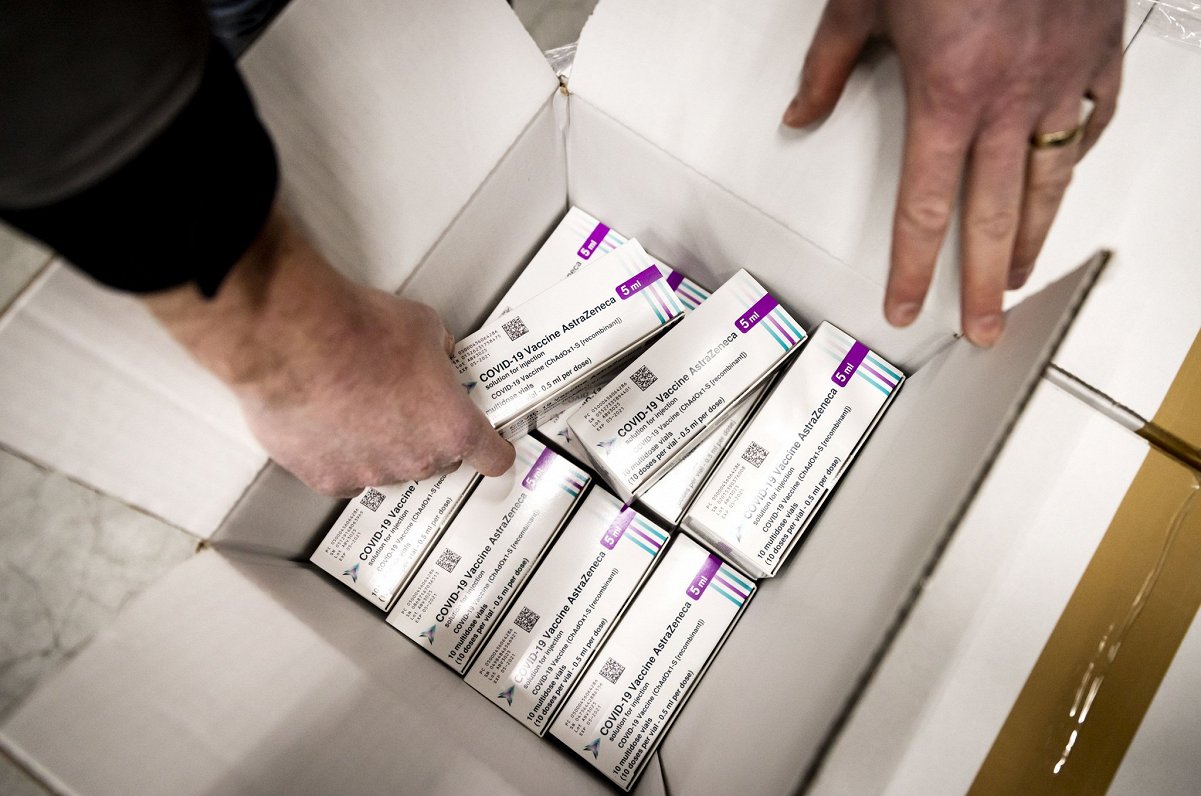The availability of vaccines, rather than the ability to administer them, is currently the most acute problem. Deliveries were reduced for nearly everyone in the week from February 22 to 28. If a general practitioner ordered 50 to 60 doses, they received 30. Instead of the 2,000 doses requested for Stradiņš hospital, 1,160 were delivered.
A total of 23,500 doses were ordered for medics and seniors' vaccinations, but the delivered number amounted to 15,200.
“When we received these orders, we already saw that volume exceeds the number of doses of vaccines that are available. Then there was the meeting of the working group, where the distribution was decided. The reduction was designed so that those who had ordered one, two and three vials [in each vial 10 doses] did not receive less, but those who had ordered more, their delivery was cut by 45%,” said Ilze Arāja, spokeswoman for the Disease Prevention and Control Center (SPKC).
A similar situation could continue in the weeks ahead. While deliveries are expected weekly, the situation is constantly changing.
It was planned that more than 42,000 “Moderna” vaccines would come into Latvia in the first quarter, but only 15,600 have been sent so far and there is no clarity about the future, De Facto said. The Health Ministry says that the situation looks more hopeful in April with 100,000 vaccines due to be delivered weekly, but this has yet to happen.
AstraZeneca already announced it expects deliveries to decline across Europe in the second quarter. For example, Estonia did not receive all its promised 16,800 vaccines last week. However, despite this, neighboring countries – both Lithuania and Estonia – are already a big step ahead of Latvia in vaccination rates. While, as of February 25, only 2% of the population had received the first vaccine in Latvia, the figure was more than 5% in Lithuania and Estonia.
The purchase and supply of vaccines is monitored by the National Health Service (NVD). According to the Service, delays in delivery do not mean that the vaccines will not be delivered at all, because these are obligations for the producer.
Fewer vaccines, however, create more tension in internal distribution, and not only because of the small number. Vaccination points, hospitals and GP offices say that the number of vaccines received is only learned at the time of delivery. This state of affairs doesn't allow timely schedules to be made.
The SPKC will continue to work on the principles of vaccine distribution and the availability of information, De Facto said.




























